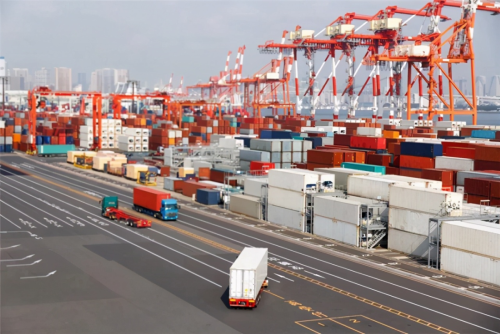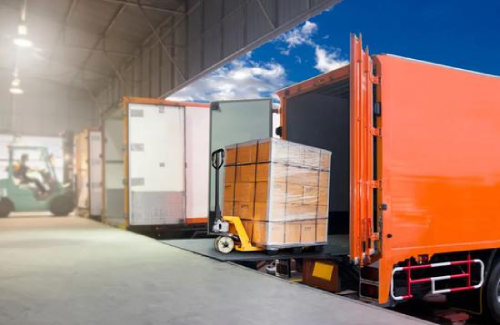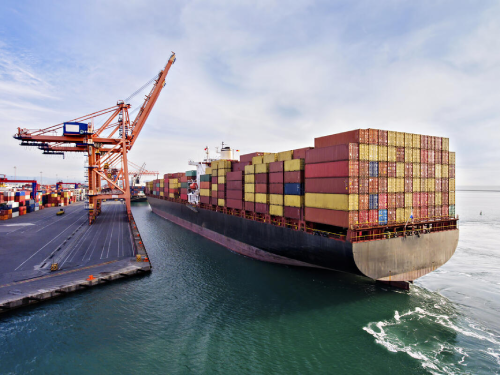Welcome to GLA! Leading the global logistics alliance.


Your location:Home > News > The outlook for the tanker market is poor
Time:2021-05-25 Publisher:Kevin Num:7902

Tanker owners face many questions, including how to get out of a loss-making market, what fuels their ships will use in the future, and the long-term impact of climate change on the industry as a whole.
A recent ABS webinar sought to address these issues and discuss the future of tankers together.
Commenting on the "outlook for tankers", Vassilios Kroustallis, vice-president of business development for ABS Europe, detailed a comparison between regulatory timetables and the various alternative fuels being considered and stressed that the rapid pace of broader technological progress will be part of the answer.
He stresses that data analytics and intelligent decision/optimization will be crucial; "Carbon benchmarking capability" is required for every tanker, and "advanced fleet efficiency monitoring" is required for every tanker fleet to remain competitive.
Kroustallis highlighted that in addition to new design features that improve tanker efficiency, such as coatings, rudders and propellers, superstructure and aerodynamics, other trends include wind propulsion, batteries and solar-assisted conventional generator kits.

What was really remarkable about the presentation was its success in incorporating these technologies into the regulatory system, in particular the many uncertainties surrounding the International Maritime Organisation's carbon intensity index (CII) and MEPC 2026.
When it comes to new fuels, ABS does not favour one fuel over another, stating unequivocally: "There are no clear winners in the fuels that dominate the shipping industry." However, he also noted that "there has been an increase in orders for gas-fueled tankers.
Most of these are liquefied natural gas fueled, "he said, noting the initial trend toward alternative fuels for cargo transportation, such as methanol and liquefied petroleum gas.
In the second part of the seminar, Peter Sand, Chief Shipping Analyst at BIMCO, presented the state of the tanker cargo market after the crisis of the Novel Coronavirus.
He noted that an improvement in 2021 -- overall growth of 5.5 per cent, compared with minus 3.5 per cent in 2020 -- would shift activity to "developing" economies, echoing his later discussion of the importance of the shift in tanker trade from "west" to "east". In particular, China and South Korea are importing U.S. crude oil -- tons of miles -- and Russian oil into China.

Despite an improving economy, fewer new shipbuilding orders, and higher tanker dismantling -- "Our forecast for 2021 is that average freight rates, excluding seasonal increases, are at a loss, as overall global oil demand is unlikely to recover before the end of 2022," he said.
He expects an increase in oil demand from the Far East later this year, as well as a recovery in demand from India, despite a drop in demand due to the current COVID-19 crisis in India.
On the tanker market, he said: "China's imports... Has been a dominant factor in the last few years... It will continue to do so in the coming years." In his view, geopolitical considerations such as the OPEC + alliance and Venezuela's illicit trade with Iran will also come to the fore.
Linking his talk to the themes laid out by ABS, Sand said: "How climate change is dealt with will determine the long-term future of the tanker market."
2019 the 7th GLA Panel Discussion Wonderful Review
Prev:New Golden Member From Kuwait—— SEGURO SHIPPING COMPANYNext:New Golden Member From Germany—— B I S Beyoglu Internationale Spedition GmbH - Hamburg
Recommended Membership
Latest News